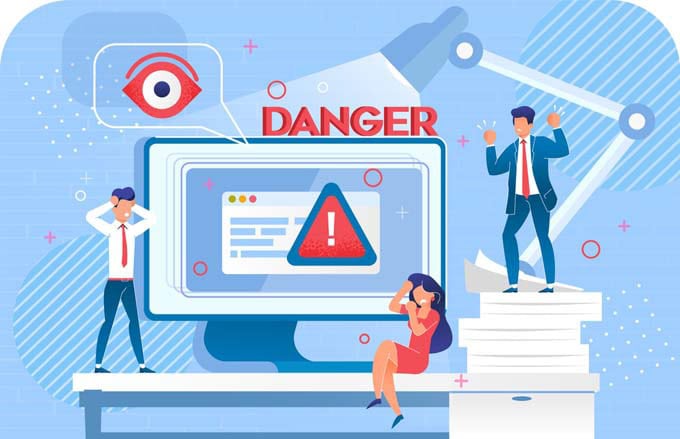Compliance regulation: Companies must deal with these innovations
Various new regulations have been in force in the EU since the beginning of the year. Failure to comply with them could have serious consequences for companies, including fines, confiscation of goods, loss of market access and loss of confidence on the part of customers. For export-oriented Swiss manufacturers in particular, it is therefore important to review the existing compliance regulations.

In Germany, the Supply Chain Sourcing Obligations Act LkSG has been in force since the beginning of the year. However, other regulations and provisions in EU member states will also be added in 2023. What the key point of the new regulations is and when they come into force is shown in the following list.
REACH: Nine more materials on the list of hazardous substances
In mid-January 2023, the European Chemicals Agency (ECHA) Nine more materials added to the list of hazardous substances. The list is a candidate list, i.e. companies are not prohibited from using these substances. However, manufacturers are obliged to provide customers and consumers with information on safe use if the concentration of the respective substance in the product is 0.1% or higher.
Furthermore, the proposal to extend the ban on perfluorocarboxylic acids (PFAS) in the EU via REACH (Regulation concerning the Registration, Evaluation, Authorisation and Restriction of Chemicals) is expected in February 2023. Further bans on the use of all perfluorinated and polyfluorinated alkyl compounds worldwide are also planned or in progress.
Revision of the RoHS Directive
The EU RoHS Directive (Restriction of Hazardous Substances) is currently undergoing a revision, which could elevate the directive to a regulation. This innovation would pose challenges for companies because, unlike directives, regulations are law in all EU member states and are implemented uniformly. It is also expected that the EU RoHS Directive will soon be expanded to include the commonly used flame retardant tetrabromobisphenol A (TBBPA). This will affect, among others, manufacturers using electrical and electronic equipment.
EU Directive on Forced Labor
The EU directive, which prohibits the import, export and making available of products manufactured using forced labor within the EU, is expected to come into force in two years. Nevertheless, companies should still start adapting to the directive in 2023 because it will require an extensive effort. Among other things, companies will need to build stronger relationships with their suppliers and develop data collection processes regarding forced labor. In addition, manufacturers will be required to create a method for identifying and closing data gaps. Guidance on what expectations companies must implement is provided by the U.S. Uyghur Forced Labor Prevention Act (UFLPA), which went into effect in 2022. However, the EU proposal will be significantly more far-reaching.
Extended Ecodesign Regulation ESPR
In March 2022, the European Commission published a draft on an extended Ecodesign Regulation under the acronym ESPR (Ecodesign for Sustainable Products Regulation). The framework will set requirements for CO2 and environmental footprint, energy and resource efficiency, and recycling, among others. The requirements by ESPR are broad. It is recommended to start initial preparations soon, as ESPR will merge the other presented requirements from REACH/PFAS, RoHS, Social Aspects of the Supply Chain/Prevention of Forced Labor, and Ecodesign. The goal is the digital product passport.
Numerous other changes in preparation
However, this is only a sampling of the policies or initiatives that are expected to be enacted or updated this year. Other examples include: The Toxic Substances Control Regulation (TSCA) or the Customs Trade Partnership Against Terrorism (CTPAT) or the whole world of sustainable reporting under the Corporate Sustainability Reporting Directive (CSRD). In addition, the second stage of the Law on Due Diligence in the Supply Chain (LkSG) will come into force in Germany from January 2024, and in parallel the EU is working on the European counterpart - the Corporate Sustainability Due Diligence Directive (CS3D).
In light of all these developments, companies and their officers should ensure that existing compliance regulations effectively implement existing requirements and reflect the current state in order to meet the new requirements.
Source: Magnus Piotrowski from Assent Inc.









